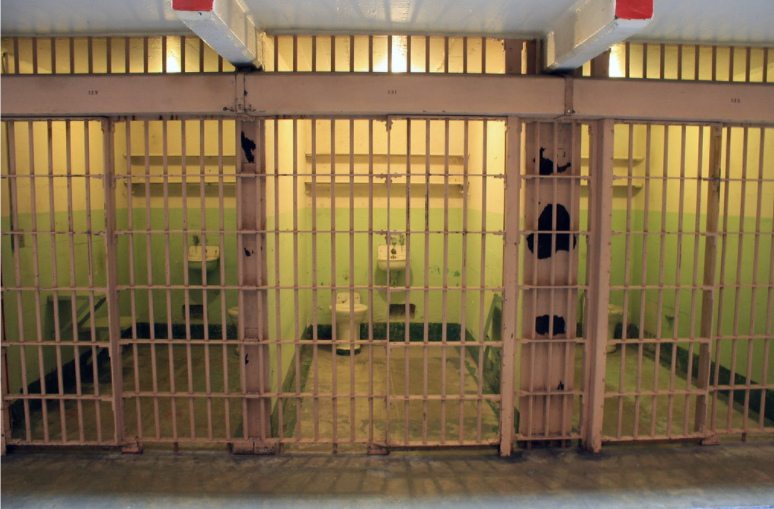Refocusing Prisons on Rehabilitation Can Be Extremely Beneficial
September 10, 2022
Since the 1980s, state prison incarceration rates almost tripled in the United States, before they dropped significantly in 2020 due to the pandemic, according to Bureau of Justice Statistics data. Because of this increase, many more people are struggling to integrate back into society after spending time in prison.
While the United States prison systems focus on punishment a lot of the time, rehabilitation has been observed to work in other countries. One example of this is Norway. Since the 1990s, Norway has moved to create prison systems that are more comfortable for inmates, and focus on molding high-functioning members of society. These prisons consistently rank number one on a variety of most comfortable prison lists.
The effects of this new way of designing prisons have extremely benefited Norway. According to borgenproject.org, the rate of criminal reoffenders has decreased from 60% to 20% since the change in prison styles. This is mainly due to a new focus on designing the prisons to work similarly to rehabilitation programs.
These prisons strive to create peaceful environments instead of atmospheres of violence and hatred, and they do so by changing the designs of prisons to feel more comfortable. In addition to the physical changes of the buildings, these prisons have started to highlight education and taking classes for a variety of different skills.
These classes prepare inmates to reintegrate into society.
Norway also has banned life sentences, and this has a positive effect on the inmates by inspiring them to prepare for when they get out. Many prisoners have spoken about their mental health and said that the education programs gave them hope that they would be able to have real-life skills to help them get legal jobs after being released.
Hopefully, more countries will move to follow Norway’s design of prisons. The switch of prison systems was extremely beneficial for Norway’s economy and society as a whole, and it can greatly reduce crime.
Shorter sentences with rehabilitative programs have also been found to be less expensive, which could greatly impact the economy of countries with higher incarceration rates.































